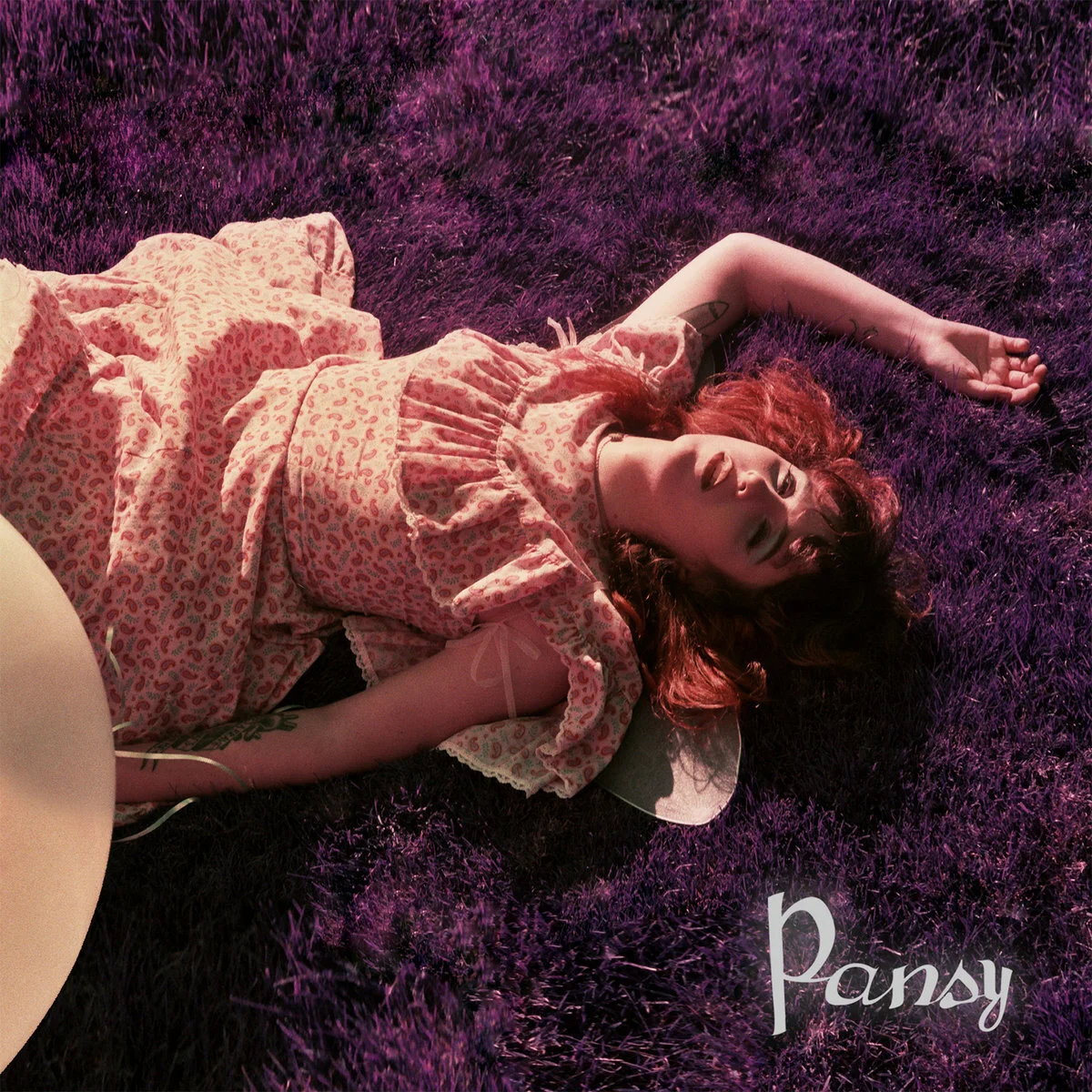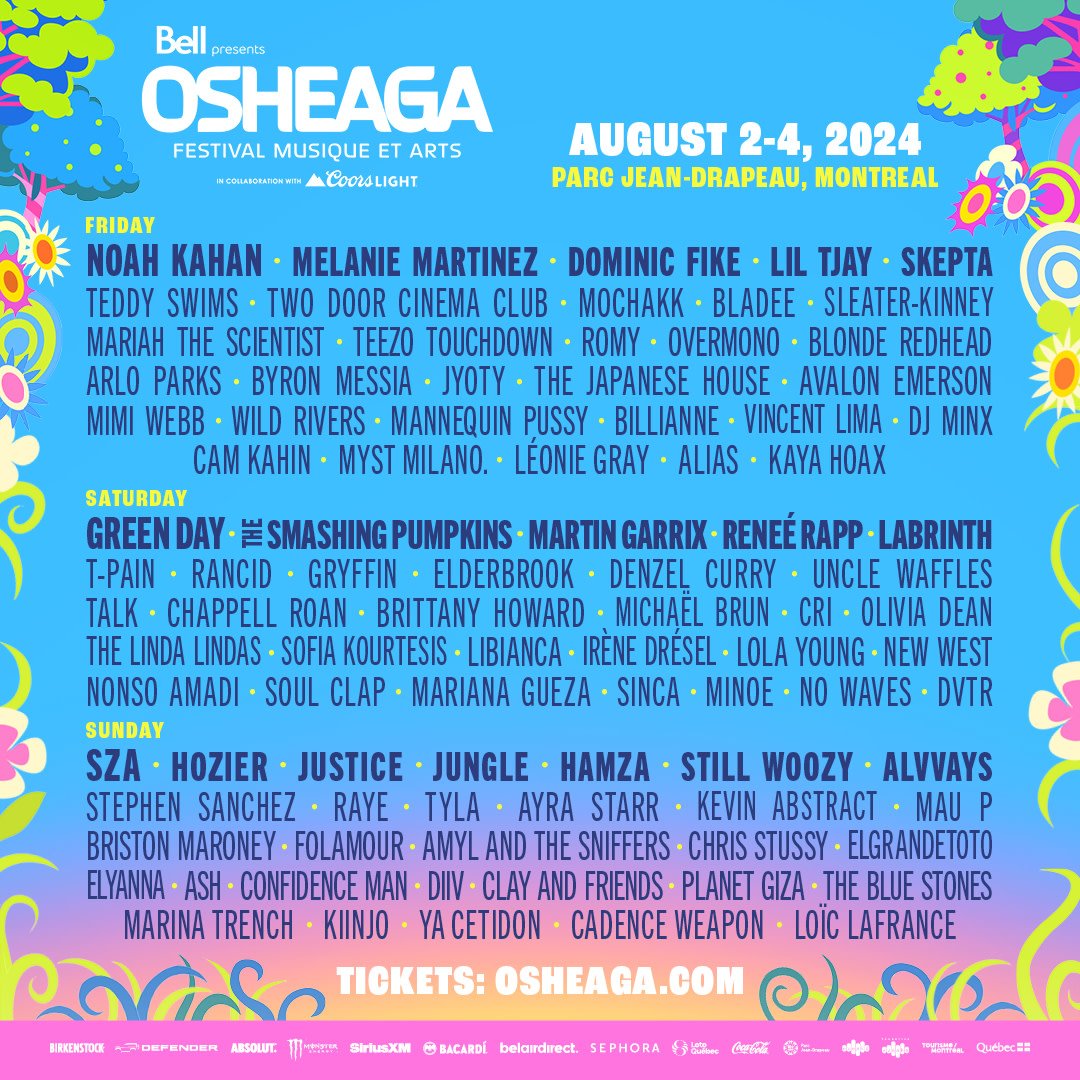Finding Freedom Within Limitation: Chicago's Pansy Shares Self-Titled Debut
Vivian McCall, photo courtesy of the artist
Spring has sprung, and this week we’ve got the brightest bloom in the bunch on repeat. Meet Pansy, the solo project of Chicago-based musician Vivian McCall. Today, McCall releases her self-titled debut album on Earth Libraries: a nine-track collection of impressions inspired by her experiences as a trans woman. Through Pansy, McCall shares how she reconnected with herself throughout her transition, and parses the highs and lows of embracing her vulnerability. Before creating under the name Pansy, McCall established herself in the Chicago indie scene with her band Jungle Green. As an analog admirer, McCall realized Pansy using the same lo-fi equipment that captured Jungle Green’s recordings over the years. The result is a candid, sunny debut that reminisces 90s college-rock as a backdrop for McCall’s frank lyrics. We connected with McCall leading up to her release to chat about her musical beginnings, rejecting confessional songwriting and leveraging musical imperfections and limitations to make an honest record.
Zoë Argiropulos-Hunter for Also Cool: Hey Vivian! Thank you so much for chatting with Also Cool. First thing's first - congratulations on your debut record! To get things started, how does it feel to have realized such a work and to have had so much buzz and excitement surrounding its release so far?
Vivian McCall: Well, to be honest, it really caught me off guard. I always wanted people to like and connect with my music, but never expected all this interest. This is such a cliche... but I made this record for me and hoped it would resonate with other trans people, too. I thought it was so specific to my experience that people wouldn't care about it, or worse they'd tokenize it. I'm relieved that people aren't doing that or projecting weird trans stereotypes onto me. I think the specificity is exactly what people enjoy. They've been able to connect their own troubles to it — troubles that have nothing to do with being trans. That's been beautiful to hear about. I'm happy that something so me is finding an audience.
Also Cool: Knowing that you’ve been playing in your band Jungle Green over the years, when did you find yourself wanting to explore a solo musical endeavor, and where did this project find its beginnings?
VM: I've been writing songs since I was 14, but this is the first time I've wanted to put anything out. You can't really write songs you care about when you're out of touch with yourself. The point of Pansy — before it was anything or even had a name — was to write songs quickly from a really honest place. I didn't want to play a character and I didn't want to embellish any parts of myself, because that was literally my entire life up to that point.
It's hard to explain to people who aren't trans, but before I went on hormones, I could intellectualize what I felt, but I couldn't express it, couldn't talk about it. Everything felt grey, and I don't I mean nuanced, I mean indistinguishable. I used to think there was something really wrong with me, like I was missing some essential part of my soul. So, yeah, I could write songs, but they were totally meaningless! They didn't even feel like a part of me.
These songs did. That's the difference; what I'd always been waiting for. I could write honest songs because I was recognizing my needs and the actual pain I'd been experiencing. It's just trauma and learning how to process it and dig yourself out. So when you listen to the album, know that some songs came before this big tectonic shift in my life… and everything else came during the midst of it.
The whole process was like that scene in The Wizard of Oz when Dorothy walks from the interior of her grey house to the colorful magical land of Oz, only to be ambushed by the Wicked Witch of the West. In my case, the Witch was me and everything I'd ever buried.
Vivian McCall, photo courtesy of the artist
AC: Thank you so much for sharing your experience and opening up about the evolution of your music. Staying in this vein of thought: You've spoken about realizing that you matter on your own terms, rather than from the approval of others — which I think is really powerful. How did you maintain that mindset while creating such an intimate and vulnerable work?
VM: I had to if I wanted to feel okay about what I was making; I had some concerns. For one, this record is not a diary and that's purposeful. I didn't want my songs to be read as confessionals or emotional pornography for liberals. I was really not okay for a long time and these songs were my way of finding meaning. Every song encapsulates some big emotion I'd wrestle with for months. The conclusions are ... ambiguous, because that's how I felt, and still feel, about womanhood.
I didn't stop and ask myself if the music was "good" as often as I normally do. I was really focused on asking, Okay this line... is this totally, one hundred percent, true to how I feel. Seriously, I did that like I was interrogating myself, which is so, so ridiculous.
I truly hope this doesn't sound self-serious because really, some of these songs came out fully formed and I didn't want to think that critically about them because I was afraid of altering the meaning along the way. I was so deathly afraid of using my music to manipulate my own emotions because it's such a powerful thing when you're vulnerable. At that time, that could have been really dangerous!
Vivian McCall, photo courtesy of the artist
AC: To touch on the sound of this record: You’ve spoken about your affinity for analog recording. What about analog production first moved you as a musician, and how has your relationship with it impacted your creative process?
VM: Recording music uses such a different part of my brain than writing it,and that's why I love it. Classic head and heart, right brain/left brain sort of thing. If I've laid my emotions out in a song, I can start asking how to make those feelings come across clear in a musical sense, or how to make the song catchier if that's what I'm going for.
Analog recording is so limiting, and yet those limitations are freeing. I have to get the right takes. I have to commit to the sounds I'm making. I have to live mix the stereo mixes, making the recordings you hear a kind of performance, too. It can be really frustrating, but I'm not tempted to endlessly tinker with my recordings. They are what they are and I love that.
That's a huge part of the process for me, really pushing whatever I'm doing to new places that I didn't expect. I don't like going into a song knowing what I'm going to do, because that kills the fun and keeps me from exploring. I'm not a master technician or anything, but I'm creative — partially because I don't totally know what I'm doing — but I know what I like. Sometimes that means precision (take after take), sometimes that means making it sound really fucked or sloppy; embracing whatever imperfections and limitations I have as a musician.
AC: To end thing's off, what most excites you about the future of your music career? Where do you hope to find yourself once live music is possible once again?
VM: Well, I'm excited that every song I've written since finishing this record isn’t explicitly about the transition. [My] new songs aren't about transness, but are written from that perspective I guess, just because it's me. I'm excited to be back on a stage again and start figuring out what I want to do next, musically.
Just being a trans woman puts you in some unique emotional situations — some good, some bad — and for the first time in my life, I'm present enough to actually experience my feelings. That's still really crazy to me. I feel like such an alien sometimes, being like, Wow isn't it crazy to be a person? It's so corny. But that's more or less the truth of how I feel. Out in the world, I don't feel as aggressive about my identity anymore.
I wrote a lot of aggressive rock stuff during this huge power-pop phase right before the pandemic hit. I liked the idea of writing lesbian love songs in the language of this super beta-male, cartoonishly sexist genre that I do… love. Then I got my heart really banged up and wrote a bunch of sweet acoustic music. There's a lot, a lot more than I'm used to sitting on at once.
AC: Before we let you go, how is the best way that we can support you as an artist and what are you future plans?
VM: Well, I really need a band! So I guess if you like the record, just write me on Instagram. Maybe we'll get along!
PANSY
Out via Earth Libraries on April 2, 2021
1. Who Will Love Me Enough?
2. Anybody Help Me
3. Tomorrow, When I’m Even Better
4. Trash
5. Shoes
6. Turn Ur Back
7. Woman of Ur Dreams
8. Mommi Housi
9. Me In Mine































